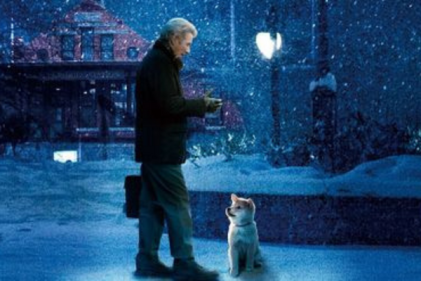 There are many medical and behavioural benefits to having your male dog neutered.
There are many medical and behavioural benefits to having your male dog neutered.
While the traditional age for neutering is six to nine months, puppies as young as eight weeks old can be neutered as long as they’re healthy.
Dogs can be neutered as adults as well, although there’s a slightly higher risk of post-operative complications in older dogs who are overweight.
The only behaviours influenced by neutering are related to male sex hormones. Neutering won’t affect your dog’s friendliness, playfulness or personality.
However, hormones like testosterone are reduced by neutering, which can reduce behaviours associated with them.
Urine marking
Testosterone makes a dog more interested in advertising his presence by urine marking. Neutering your dog will reduce his desire to excessively mark his surroundings with urine. This includes areas outside and around your garden, as well as inside your home.
Roaming
Unaltered dogs often try to leave home in search of females in heat, which puts them at risk of getting lost and being injured or killed on roadways. Neutered dogs tend to live longer than sexually intact dogs, probably because they’re less likely to engage in risky behaviors like roaming. Neutering will lessen or eliminate your dog’s urge to roam.
Aggression
Some studies suggest that neutering can decrease aggression toward other male dogs because testosterone might increase the likelihood of aggressive behavior. Other studies have found no significant relationship between aggression and neutering. It’s possible that competition for mates results in aggression between male dogs, so a dog’s urge to fight with other males might go away when his desire for females is eliminated by neutering. However, there are many complex reasons why dogs fight, and you may not see any changes in your dog’s aggressive behavior simply because he’s been neutered.
Social problems
Other male dogs can easily detect an unneutered dog’s high testosterone level and become aggressive. This can make your intact dog a target of harassment by other male dogs. Neutering can reduce or eliminate this undesirable attention.
Inappropriate mounting
Your dog might be less likely to mount other dogs, people and inanimate objects after he’s neutered. However, mounting is a complex behaviour. It can be a sexual behaviour, but it can also be a playful behaviour or an attempt to assert social control. Only sexually motivated mounting can be reduced by neutering. Although a dog’s interest in females in heat will diminish after neutering, it might not be completely eliminated. He might still become aroused and try to mate if he encounters a receptive female.
To prevent the development of such behaviours, it’s best to neuter your dog before he reaches sexual maturity at six to nine months of age. That way, he’s unlikely to develop unwanted habits. If your dog has practiced these habits for months or years, they might persist even after neutering.
Image via Pinterest.






